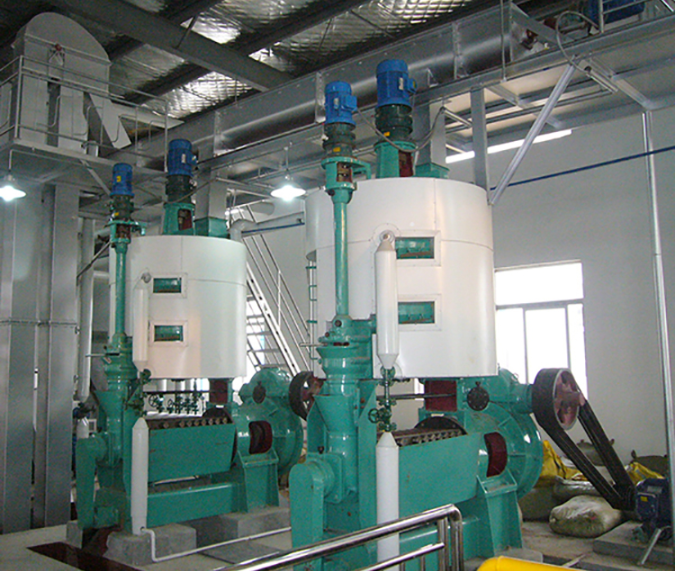اکتبر . 08, 2024 14:08 Back to list
Optimal Plate Press Filter for Enhanced Filtration Performance
The Best Plate Press Filter An Essential Tool for Liquid Separation
In the world of industrial filtration, the plate press filter stands out as one of the most effective tools for separating solids from liquids. With its high efficiency, versatility, and robust design, the plate press filter has found applications in various industries, including food and beverage, wastewater treatment, pharmaceuticals, and mining. This article delves into what makes the plate press filter one of the best options for liquid solid separation.
What is a Plate Press Filter?
A plate press filter consists of a series of plates and frames arranged in a stack. Each plate is typically made of polypropylene or stainless steel and has a cloth stretched across its surface. The frames serve as a holding space for the slurry, which is introduced under pressure. As the liquid passes through the cloth, the solids are trapped, forming a cake that can be easily removed once the filtration process is complete.
Advantages of Plate Press Filters
1. High Filtration Efficiency One of the standout features of plate press filters is their ability to achieve high solids retention rates. The multiple plates and cloth layers enhance filtration by maximizing surface area, allowing for a higher volume of materials to be processed simultaneously.
2. Customizable Plate press filters can be tailored to meet the specific needs of various applications. The size of the plates, type of cloth, and pressure settings can all be adjusted depending on the characteristics of the slurry and desired end product.
best plate press filter

3. Easy to Operate and Maintain Modern plate press filters are designed with user-friendliness in mind. Automated systems can facilitate operation, while the ability to easily remove and replace plates and cloths simplifies maintenance.
4. Cost-Effective Although the initial investment in a plate press filter might be higher compared to other filtration methods, the long-term savings are significant. Increased efficiency means reduced energy costs, and the durability of the equipment leads to lower replacement and repair expenses.
5. Environmentally Friendly The efficient separation of solids from liquids minimizes waste and reduces the environmental impact of industrial processes. Additionally, the solid waste produced can often be repurposed or safely disposed of, contributing to sustainable practices.
Applications Across Industries
Plate press filters are utilized in a variety of settings. In the food and beverage industry, they are essential for clarifying juices, wines, and oils. In wastewater treatment, they help separate sludge to improve water quality. The pharmaceutical industry employs plate press filters for precise filtration processes and achieving high purity levels, while in mining, they are effective in recovering valuable minerals from slurries.
Conclusion
In summary, the plate press filter is an invaluable asset for any industry requiring efficient liquid-solid separation. Its ability to provide high filtration efficiency, cost-effectiveness, and versatility makes it one of the best choices available. As industries continue to evolve and focus on sustainability and efficiency, the importance of technologies like the plate press filter will only continue to grow.
-
High-Efficiency Peanut Oil Refined Machine for Quality Oil Production Leading Exporters & Companies
NewsJul.08,2025
-
High Efficiency Sunflower Seed Oil Press – Leading Cooking Oil Press Machine Factories & Suppliers
NewsJul.08,2025
-
High-Efficiency Soybean Oil Press Machine – Leading Exporters & Reliable Companies
NewsJul.07,2025
-
High-Efficiency Seed to Oil Extractor – Reliable Extraction Machinery for Your Business
NewsJul.07,2025
-
High-Quality Pressing Screw of Oil Expeller for Efficient Oil Extraction Leading Exporters & Manufacturers
NewsJul.06,2025
-
High-Efficiency Essential Oil Extraction Machine Trusted Exporters & Companies
NewsJul.06,2025
